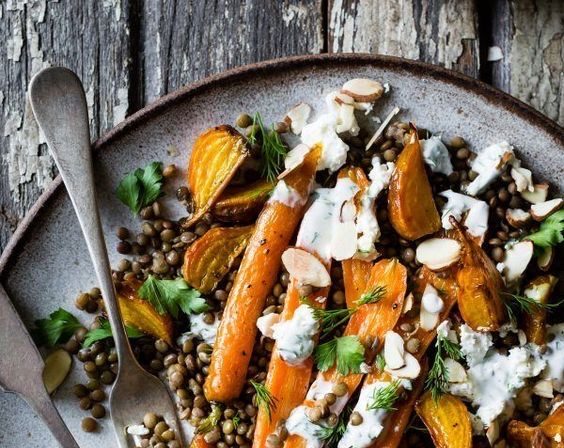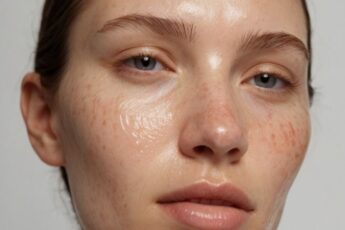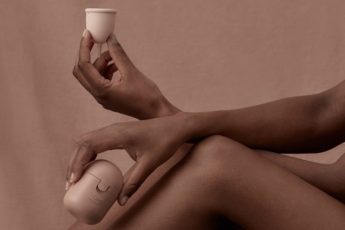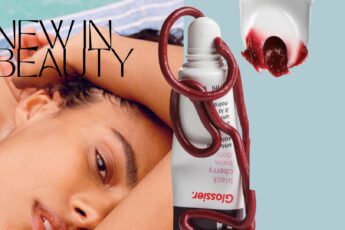Wellbeing equity is set to trend this New Year. Wellness will be the unstoppable trend for 2020 and the decade ahead, as Millennials and Generation Z become more concerned with their health creation than their wealth creation.
Michele Chevalley Hedge, Australia’s leading nutritionist who has collaborated with over 130 Fortune 500 companies on their wellness initiatives in the last 12 months, has seen a 200% increase in demand and investment in programs which benefit the workforce at large.
Poor lifestyle choices cause pebble pooping, moobs, cortisol cravings and tired but wired humans; but now everyone from the busy mum to the productive CEO is not only reading the research on nutritional power but are feeling the impact when they adopt changes, from improved sleep to increased energy, brain clarity and the ability to connect and be present.
1. Food as an Internal Cosmetic
People are using food for function as much as flavour, to improve their skin, cleanse their livers and heal themselves from the inside out. Trendsetting consumers of all ages are asking themselves, ‘if I eat this how will it benefit me? Will I be calmer? Will it help me think clearer? Assist my sleep? Will I look healthier if I feel healthier?
My go-to botox barriers are sweet potatoes, avocado, olive oil, lemons and eggs because they are full of vitamin A, C, E, good fats and strengthening proteins with no sugar.
2. Junkless Power Foods
Consumers have become label readers, they know if they can pronounce and recognise the ingredient they are more likely to eat it. If sugar is in the first three ingredients, the wellness warrior within will look for an alternative power food. One that sustains their energy and their brainpower that includes fibre and protein.
A perfect example of this is pea protein smoothies with protein powders that simply just consist of clean protein without all the additive fanfare.
3. Food Wearables
Apps, and devices from smartwatches, contact lenses, scanners and implants will help consumers make healthy choices. Soon there will be wearables on the market that not only track how hydrated we are but which apple is the freshest and has the highest fibre or antioxidant content. Smart voice-activated food logging will be commonplace.
4. Bio-Individual Diets
We all have unique genes and metabolism so nutritional plans personalised to your own DNA and gut are most effective. Taking time to seek professional guidance for your own bespoke lifestyle regime will become as mainstream as a trip to the hairdressers. At home, the new wave of consumer DNA tests which analyse genetic makeup and propensity to different kinds of cancer, heart conditions and obesity will be normalised.
5. Ethical Eating
Consumers will demand more sustainable and natural ingredients, less meat and more plants. Locally sourced will be a priority along with limited packaging. Expect to see more wonky vegetables in the supermarket as conscious consumers want to do their bit to reduce waste and buy from more responsible businesses.
6. Puffed Snacks
An abundance of puffed up crunch snacks with ingredients like chickpeas, beets, quinoa and kale is emerging. These protein-packed vegan snacks are touting less puff in the tummy and are appearing front and centre at cafe counters globally.
7. Gluten-Free Flours
Gluten will remain guilty until proven innocent in the eyes of the wellness seeker as consumers continue to use it as a scapegoat for distressed, bloated digestion that is zapping their energy. Whilst the world is waiting on more research, consumers are eating less wheat and seeking out gluten-free alternatives. Lupin, once only used as animal fodder, is a great source of gluten-free plant protein in flour or flake form will become more readily available.
8. Real Vegan Foods
From beetroot burgers to hoisin ‘duck’ rolls, hot dogs, ‘chick’ nuggets suggests imitation meats are everywhere. True vegans are seeking proteins from real, whole foods, not ones crafted from soy isolates and additives. Fake meats will be passe and foods made from tofu, mushrooms, legumes, nuts, seaweeds and nutritional yeasts will trend along with an increasing number of flexitarians.
9. Hard hydration
Busy millennials are seeking ways to reduce sugar and calorie intake without feeling dusty the next day. This has led to a lower alcohol consumption across the board, with brands developing a variety of hard seltzers, spiked sodas, and hard kombuchas. Hard seltzers usually have between 5-7 per cent alcohol content making them a more responsible choice compared to wine, some beers and cocktails.
10. Collagen Craze
The Meghan Markel of supplements. Although research is still in its infancy the current studies are promising a reduction in wrinkles, relief from joint pain, improved bone health and sleep. Powder supplements are poured into coffee, yoghurt, smoothies or packed into cereal bars.









Leave a Comment